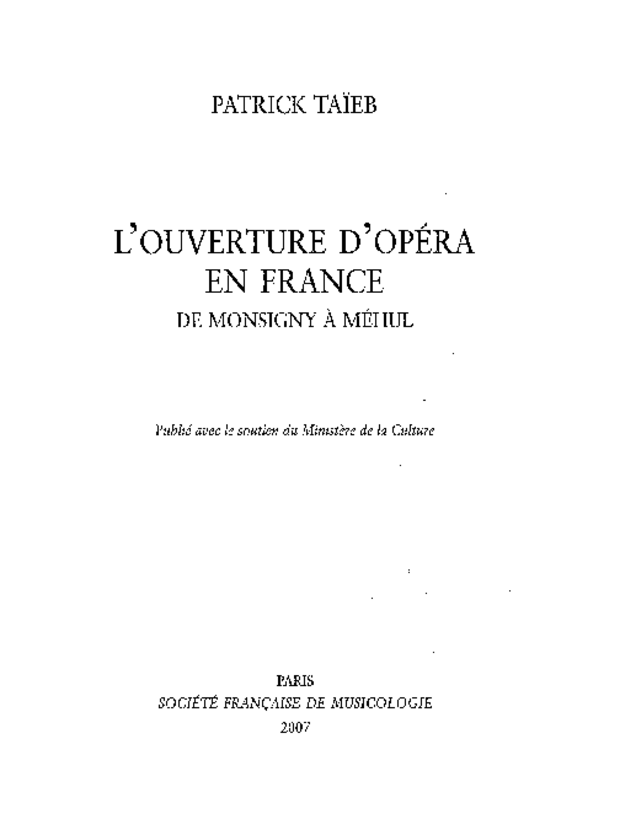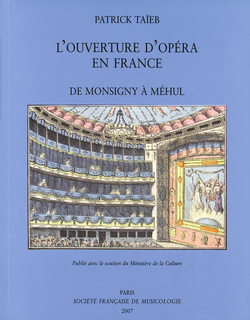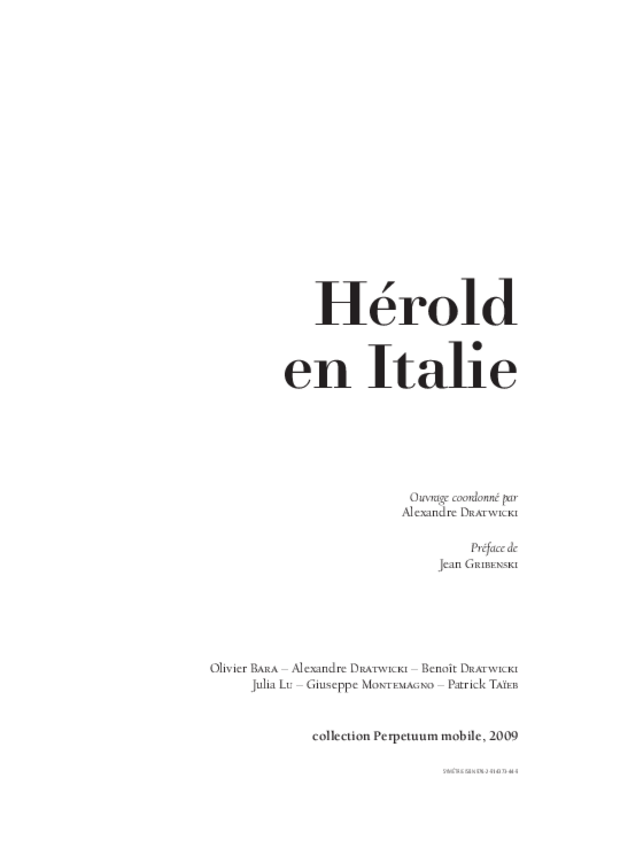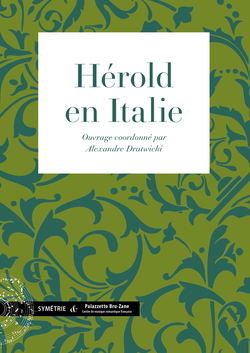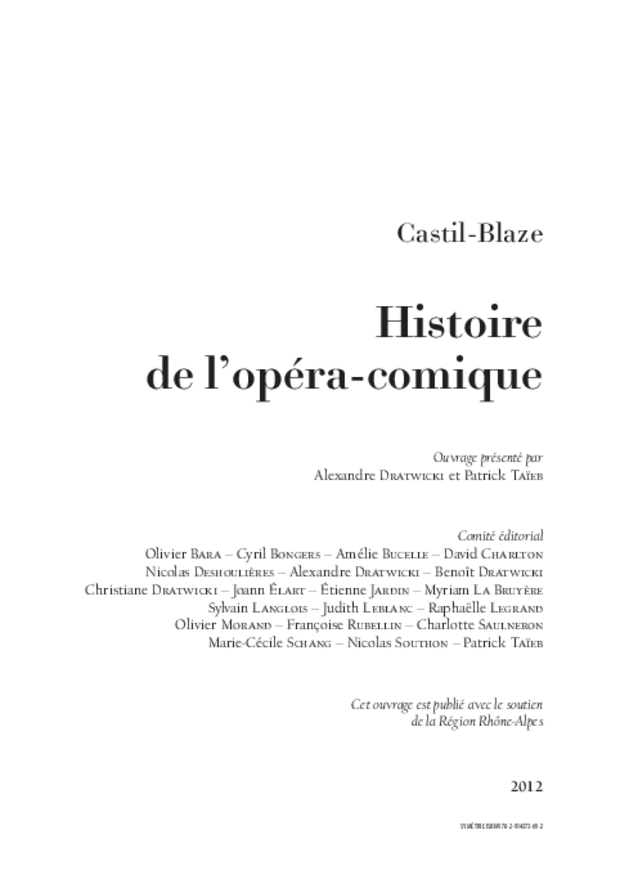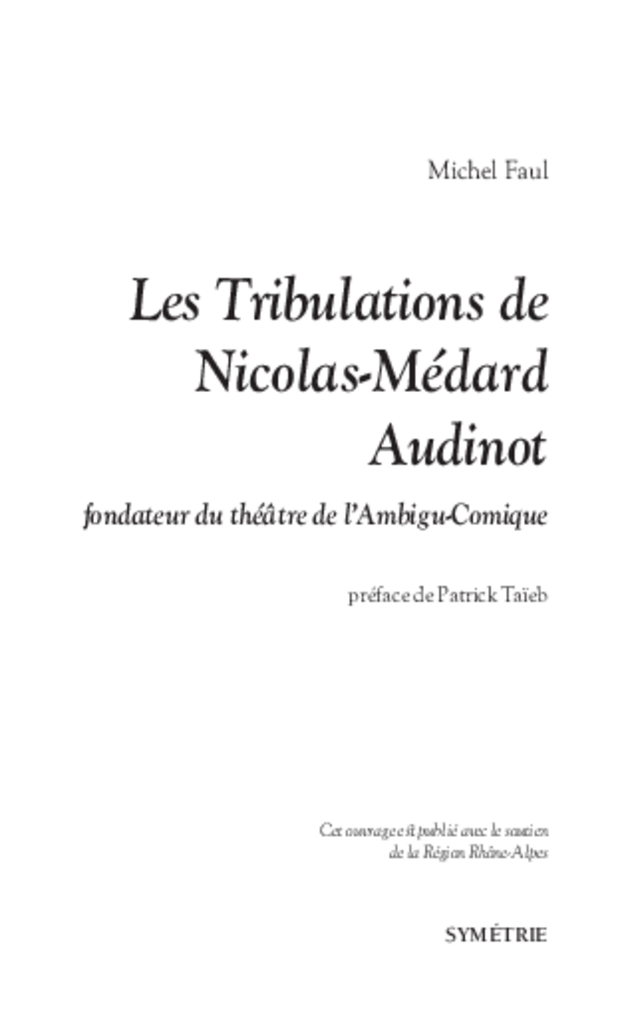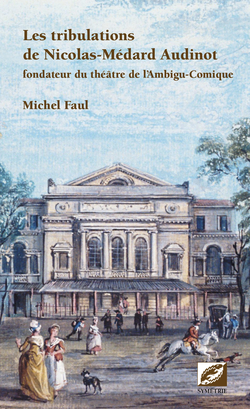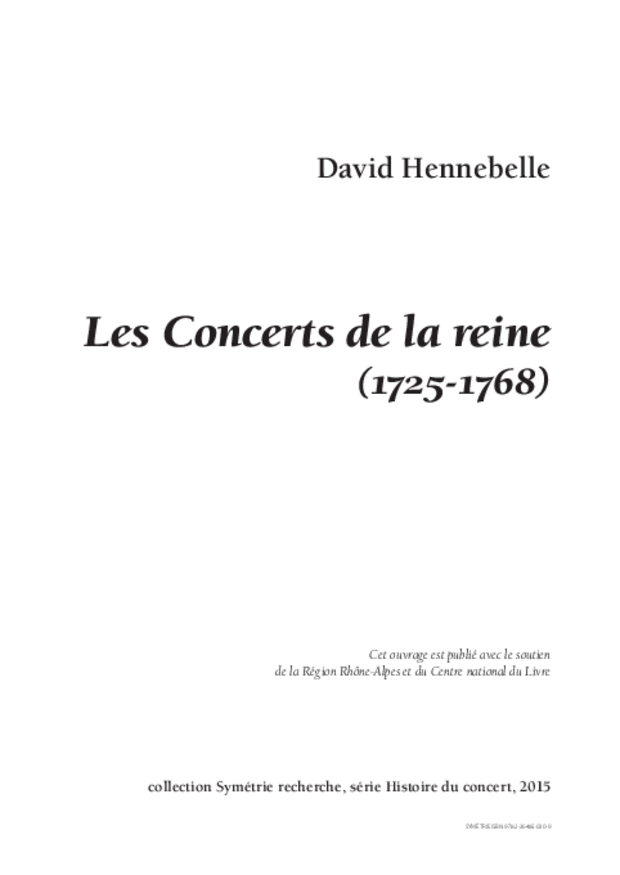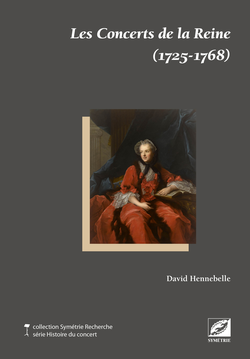The aim of this book is not so much to examine Mozart’s works as such as to pose a new problem: during his lifetime and in the years following his death, “which Mozart" was known? What image of the composer gradually emerged? How, in concrete terms, was ‘our’ Mozart formed?”
Can we attempt to outline the reception of Mozart in France until around 1830? It is clear that, in the first twenty years or so of the 19th century, it took on a new dimension, as evidenced by both concert programs and the activity of music publishers: the past was introduced into the listening and playing of music. Mozart’s music was the beneficiary of this major change and also the driving force behind it.
However, as far as Mozart was concerned, the real change had already begun some years earlier. 1801 marked a “decisive turning point”, with three events of capital importance: the first performance of Les Mystères d’Isis, the installation in Paris of a German troupe that gave Die Entführung aus dem Serail in the original language and finally the publication of the first biographies of Mozart in French (Winckler, Cramer). These played an essential role in the formation of the “Mozart myth”: nourished by “miraculous anecdotes”, it highlighted both the “child prodigy” and a new conception of “genius”.
Press panorama
Un livre débordant d’informations, dont les chapitres sont suivis de tableaux qui en reprennent, en complètent et en clarifient le contenu.
Marc Vignal, Revue de musicologie, n° 101/1
Un libro, in conclusione, che dovrebbe essere noto a tutti coloro che si propongano di rimeditare la storia musicale in una reale prospettiva europea.
Paola Besutti, Ad Parnassum
Un outil de travail de premier ordre.
André Segond, Les Publications de l’Opéra de Marseille
Voilà un ouvrage qui approfondit la connaissance du compositeur et éclaire d’une lumière nouvelle la formation d’un mythe.
Jean Lacroix, La Revue générale
Qu’ajouter, sinon qu’on espère avoir montré, dans ce résumé détaillé qui ne les épuise pas, la richesse et l’intérêt des informations et des commentaires offerts d’abord aux passionnés de Mozart, mais qui auraient leur place dans la bibliothèque de tout mélomane curieux ?
Maurice Salles, Forum Opéra
Sommaire
-
Introduction p. 1-7
-
Les séjours de Mozart en France p. 8-41
-
Les concerts de Mozart en France (1764-1778) : essai de décryptage des conditions du succès p. 9-20
-
Retour sur le séjour de Mozart à Paris en 1778 p. 21-41
-
L’opéra p. 42-129
-
Édition musicale, opéra, réception. Les éditions françaises des Nozze di Figaro (1792-c. 1825) p. 43-52
-
Les traductions de Die Entführung aus dem Serail p. 53-98
Herbert Schneider
-
Du Singspiel au Grand Opéra : le cas des Mystères d’Isis (1801) p. 99-116
Juliette Valle
-
Les répresentations de Don Giovanni à Paris p. 117-129
-
Le concert p. 130-195
-
L’œuvre de Mozart dans les concerts parisiens sous la Révolution et l’Empire p. 131-156
Patrick Taïeb, Cécile Duflo
-
Les symphonies de Mozart sous l’Empire. De l’édition au concert p. 157-170
-
Mozart et le ballet-pantomime français sous l’Empire : une rencontre improbable p. 171-180
-
L’œuvre de Mozart dans les spectacles lyriques et les concerts du Nord de la France au début du xixe siècle p. 181-195
-
Images de Mozart p. 196-221
-
La réputation posthume de Mozart dans le mensuel. L’esprit des journaux français et étrangers p. 197-210
Henri Vanhulst
-
Saint ou Génie ? La réception critique et iconographique de Mozart en France (1801-1844) p. 211-221
